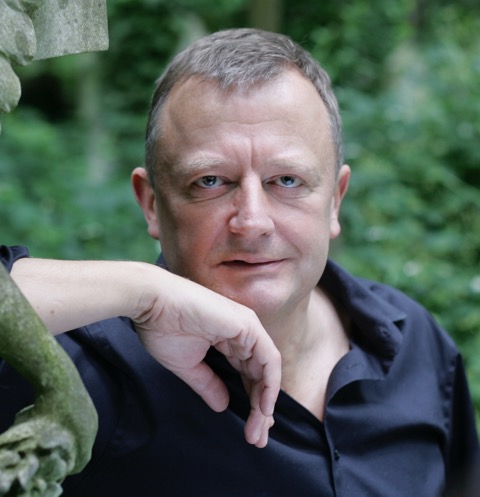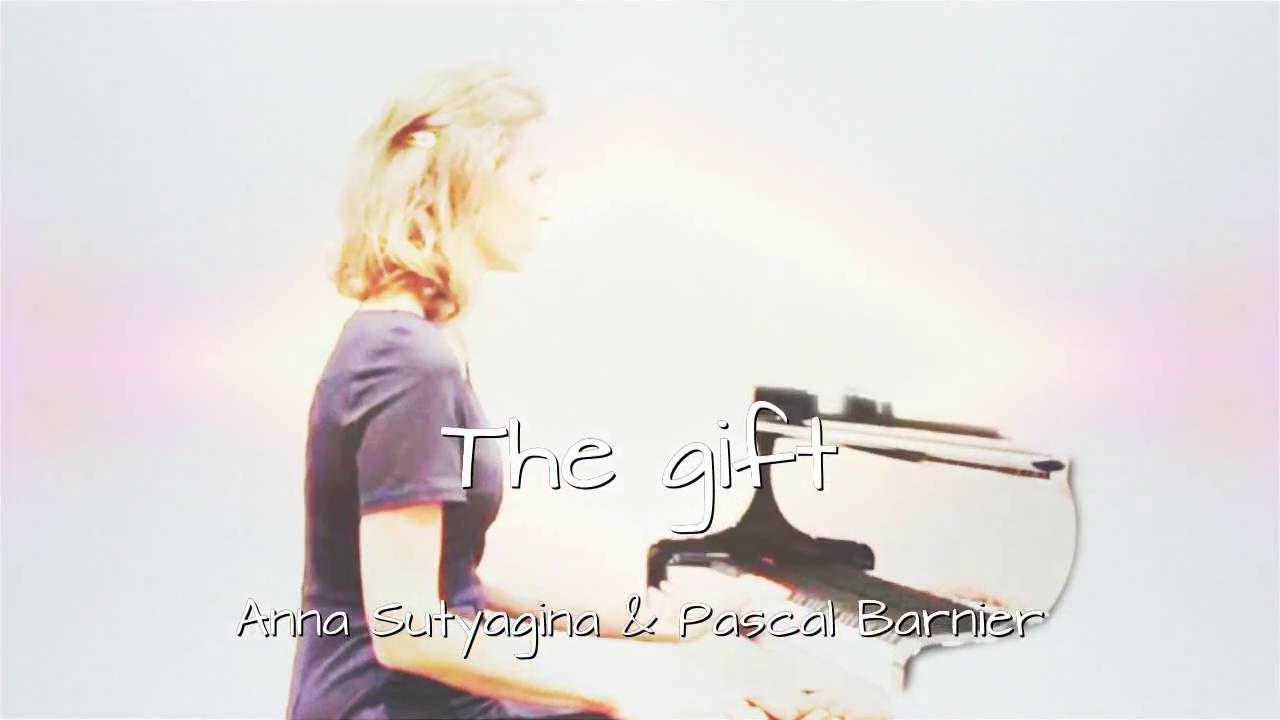About
Music is everything to me. I have music in my head all day long and it is even there if I wake up at night. When I’m not writing music, I am listening to it, particularly music from the Renaissance and Baroque.
Patrick Hawes is an English composer who has made his mark as a torchbearer of the English musical tradition. He is best known for writing the Highgrove Suite for HRH Prince Charles, the Prince of Wales, for being Composer-in-Residence at the UK’s largest biggest classical music station, Classic FM, and for the Number One album Angel. Among others, he has written for Voces8, the Choir of New College Oxford, Julian Lloyd Webber, and Hayley Westenra on albums that have all reached Number One in the classical charts. Patrick is currently writing for The King’s Singers, alongside work on a clarinet concerto for Emma Johnson to be released on Nimbus Records, and his biggest project to date – a choral symphony entitled The Great War Symphony – to be premiered in its entirety in 2018. His new album, Revelation, recorded with the Elora Festival Singers (Canada) is to be released in March 2017.

